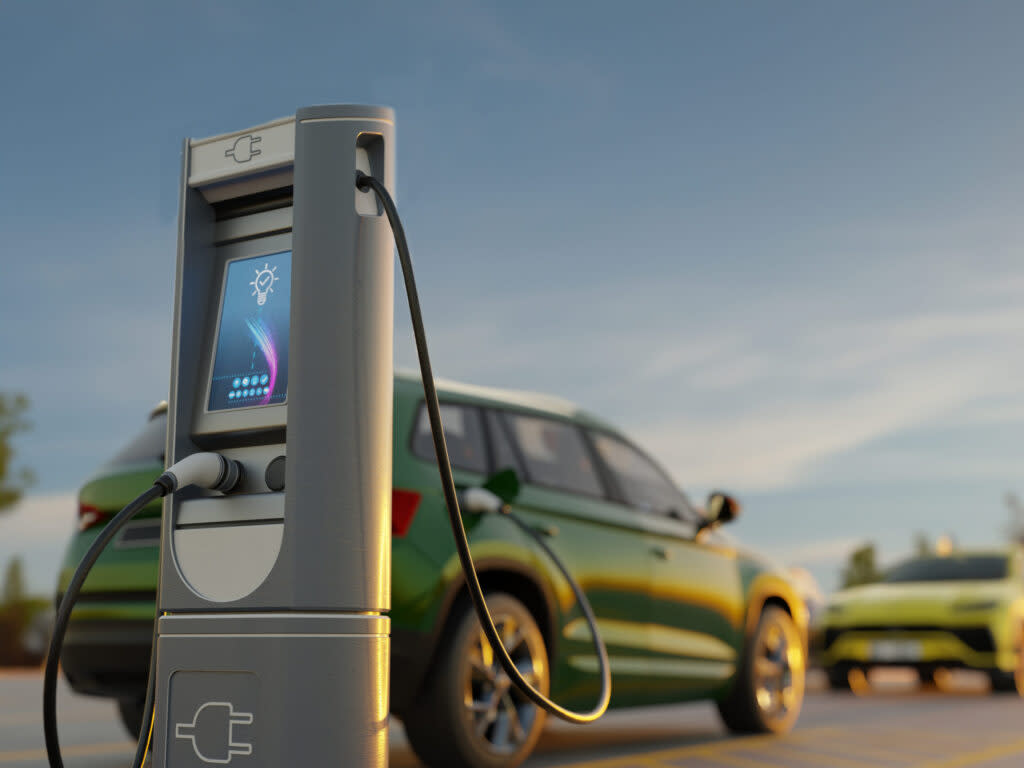America must do whatever it takes to prevent a looming crisis induced by low-cost Chinese EVs

Electric car charging station. (Getty Images)
President Joe Biden has taken important action to impose tariffs on steel and aluminum shipped from Mexico but made elsewhere. The threat of these materials streaming into the United States made it necessary to take the step in order to check China’s predatory trade practices.
We’re likely going to need the same action on automobiles. Low-cost Chinese electric cars that could be assembled in Mexico for export across the border pose a dire threat to America’s automobile industry.
But efforts to keep Chinese EVs out of the United States won’t be enough to ensure the survival – or even the competitiveness – of America’s auto industry. American automakers need to be able to compete and sell cars globally. GM, for example, sold more cars in China between 2010 and 2022 than in the United States. And trade policy won’t be enough to give U.S. automakers a level playing field in important emerging international markets like those in Indonesia, India and Thailand. China now has a larger EV market than the United States and Europe combined.
The problem is China’s global dominance of battery production. It goes all the way down to the materials that are the essential building blocks of the batteries that power EVs. China dominates the mineral supply chains that are the foundation of electric car production.
According to the International Energy Agency, a typical electric car requires six times the mineral inputs of a conventional gasoline car. Think about it: A shortage of battery metals such as lithium, copper and cobalt could shut down electric car production in the United States, resulting in the loss of large numbers of jobs and revenue, and shocks to consumer and business confidence.
What’s odd about this potential crisis is that the United States has vast mineral wealth — an estimated $6.2 trillion in mineral resources, ranging from commodity metals to rare earth minerals. Yet because of a painfully slow permitting process it takes on average more than a decade to open a new mine. As a result, many critically important metals must be imported from overseas, largely from China.
What would it mean if China were to impose an embargo on the export of critical metals — that is, refuse to ship lithium or rare earths to the United States?
It would be hugely destructive. In fact, several months ago China stopped shipments to the United States of graphite, a key battery metal, to the peril of our auto industry.
So what can be done? Impose a tariff on imports of EVs made in China but assembled in another country like Mexico, while doing whatever it takes to bolster the supply of minerals and metals mined in the U.S., bypassing an import dependency that shouldn’t exist in the first place. The guiding rule should be to protect our auto industry and scale up domestic mining — and stem the erosion of America’s pre-eminence in manufacturing brought on in the face of foreign competition and our own complacency.
The post America must do whatever it takes to prevent a looming crisis induced by low-cost Chinese EVs appeared first on Nebraska Examiner.

